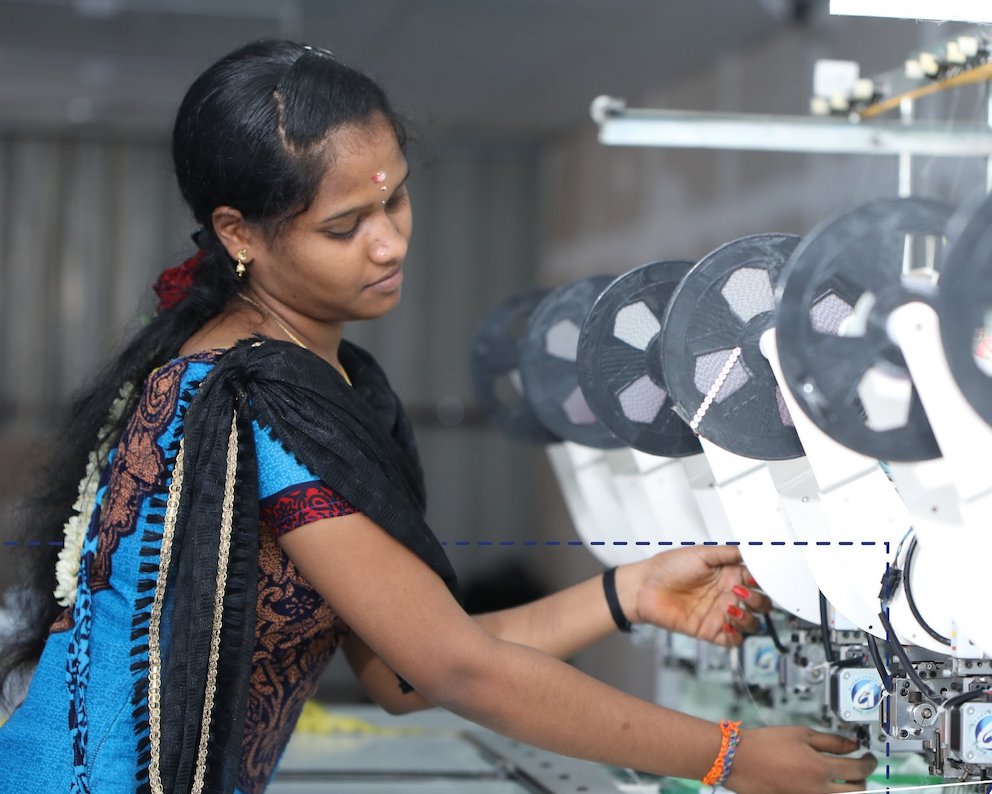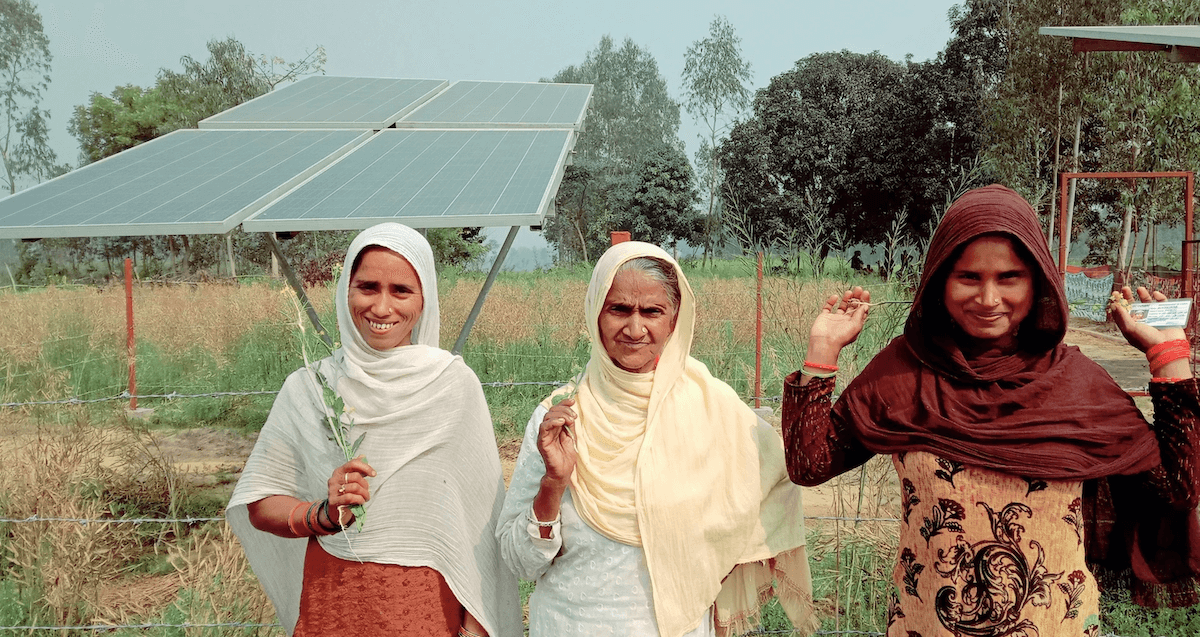ImpactAlpha, February 22 – Startup funding shriveled in most emerging markets last year as investors were reluctant to write big checks in the face of the COVID pandemic. But seed-stage funding saw substantial increases in both India and Nigeria, Africa’s biggest venture capital market, signaling that investors see the pandemic accelerating trends in fintech, health tech and edtech as well as the digitization of virtually every business.
“Schumpeter’s gale, wherein destruction fuels creation, was in full play in 2020, as traditional industries and businesses were made obsolete by new-age tech,” writes the India-focused VC publication Inc42. Digital disruptors “flourished, witnessing unprecedented surge in traction, engagement as well as investor confidence.”
India’s scene
Indian startups raised $11.5 billion last year, down 10% from $13 billion from 2019, Inc42 reports. But seed-stage funding rose to $403 million from $255 million. In impact investing, a similar trend played out: India’s Impact Investors Council (IIC) counted $2.6 billion in impact deals in 2020, down 25% from $3.5 billion in 2019, but seed stage deals increased 16% over the same period.
Edtech was the one sector where established players with established market presence won (see, “Vedantu closes $100 million in India’s red hot edtech market”). Impact-focused edtech ventures raised $660 million (up 65%) across 47 deals (up 20%), making edtech India’s second-biggest impact VC sector, behind fintech.
“There was a dire and urgent need for remote tech-based solutions to keep the flow of knowledge running to 335 million students enrolled in the country,” the IIC reported.
Investments in startups improving financial access took in the largest share of impact capital, but they claimed only $700 million (26%) across 50 impact investments in 2020, compared to $1.4 billion (39%) across 81 investments in 2019.
Nigeria’s ecosystem
Techpoint Africa tracked $161 million in 60 venture deals last year, less than half of the $377 million invested in 164 deals 2019. Sixty percent of the deals were in pre-seed and seed-stage rounds. (Techpoint’s tally excluded digital payments provider Paystack’s $200 million acquisition by Stripe.)
Investors in Nigeria made healthcare solutions the second-biggest VC investment sector, after fintech (see, “COVID pandemic gives Africa’s health tech startups a chance to shine” and “COVID recovery offers opportunities to invest in Nigeria across the healthcare value chain”). Health solutions took in $32.3 million across seven deals, versus $6.4 million in 2019, Techpoint reports.
Fintech companies, meanwhile, raised only $64.8 million—still over half of total VC funding but down from $192.8 million in 2019 and $103.3 million in 2018.
Enterprise tech and e-commerce
Tech startups stepped in to help small businesses pivot through pandemic lockdowns, generally without government relief (see, “African tech startups are peddling pandemic resilience“). In India, “enterprises providing tech-based financial products like insure-tech, savings-tech, collateral-free business loans, quick online purchases and online banking boomed,” IIC wrote. “Enterprise tech” was the second biggest investment sector for VC funds generally in India in 2020, according to Inc42. The media outlet anticipates this trend buoying fintech, with growth in e-commerce and contactless payments widening “the addressable market opportunity for fintech products, driving up investor confidence in the sector.”
In Nigeria, startups supporting online retail raised $14 million in six deals last year, according to Techpoint. TradeDepot, which supports digitization of informal and micro-businesses, was the big winner, raising a $10 million round.











